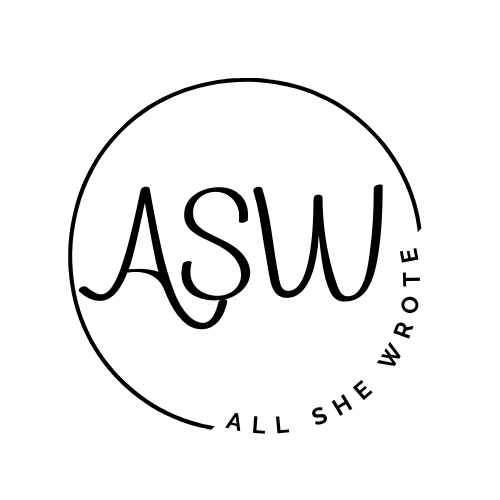As part of the UK Government’s new plans, detailed in a ‘White Paper’ document revealed this week, streaming platforms are set to be regulated like traditional broadcasters for the first time.
According to the UK’s regulator Ofcom, which monitors television content on networks, three in four UK households use a subscription video-on-demand service. Yet services like Disney+ and Amazon Prime Video are not regulated to the same extent as UK linear TV channels. Netflix and Apple TV+ are not regulated in the UK at all.
These changes would require video on demand services to protect their audiences from harmful or offensive material and adhere to fairness, accuracy, and privacy principles.
A violation of the Code may result in fines of up to £250,000 or 5% of the company’s revenue, whichever is higher.
Traditional broadcasters have been pushing for these guidelines to be applied to streamers for several years. Netflix commented on the proposal, saying they welcome measures to update the legal framework.
The streamer said: “We look forward to reviewing the White Paper’s other proposals and continuing to engage with the government on their plans.”
Sale of Channel 4
As part of the policy document, plans were also included to privatise Channel 4, which is currently owned by the government and financed by advertising.
Despite widespread criticism across the British television industry, Culture Secretary Nadine Dorries maintained that the sale would help the channel thrive in the modern era. The money raised would be reinvested back into television production.
Current rules mean Channel 4 cannot make or distribute its own programmes. The White Paper would reverse this while setting minimum quotas on independent commissions. The ‘new’ privatised Channel 4 would also be required to create “distinctive, educational, innovative and experimental programming” and continue to make programmes in the regions.
In response, Channel 4 released the following statement: “Channel 4 will study the White Paper issued by DCMS, and a considered response will follow. However, Channel 4 remains committed to upholding and maximising its remit and public service purpose that has enabled it to shape Britain’s creative culture and make a significant contribution to the creative industries, while also investing across the UK’s Nations and Regions to create local and regional economic and social benefit.”





Leave a Reply